The Chant of Resistance
Barlebas
Through exploring faces and expressions, Dutch filmmaker Malu Janssen focuses on the consequences and not the reasons of witchcraft accusations. In Barlebas, women are singing to the rhythm of resistance.
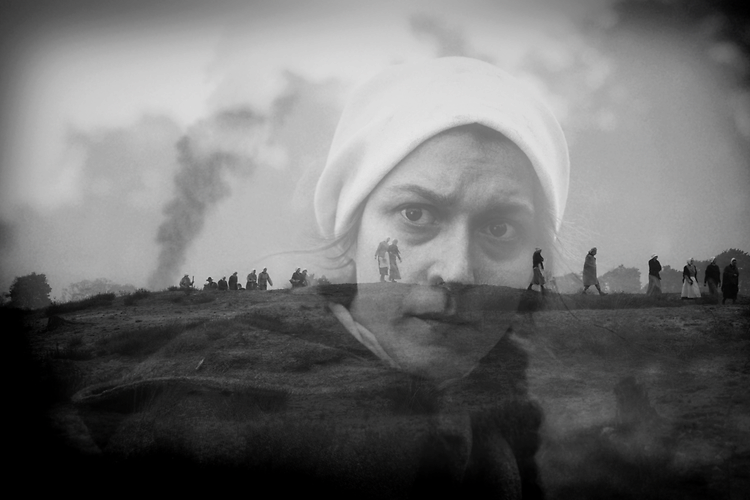
Barlebas functions like an orchestral piece of music that establishes a haunting rhythm through repetition of sounds and melodies and slowly builds up tension until the release in the film’s final moments. Composer Pitu Nicolaes fittingly stars as the film’s protagonist. Set in 1595, the short portrays the last day in the life of Heylken, a young Dutch woman accused of witchcraft, just as she was about to leave the village for good. But while Heylken never gets to leave, Griet, a young girl and friend of hers, decides to leave instead, hoping to escape the suffocating small village and the looming fate of the pyre.
The soundtrack in Barlebas isn’t there to provide a background; instead, it is the film’s emotional core. It also works as a structuring device with its reoccurring short bursts of string instruments, ordinary nature sounds, and a song as a musical theme. Isolated, the sounds and images of a burning fire, the moo of a cow, chirping birds, milking sheep, or combing wool are not particularly chilling, but shown again and again in their crisp quality, they build up an eerie feeling that lingers long after the film has ended.
Barlebas’ minimalist black-and-white imagery and the foggy marshland setting in the Brabantse Peel help to create an unsettling atmosphere and tone that works to enhance the emotions that are evoked by the melodies and lyrics. It also draws the viewers’ full attention to the characters’ facial expressions, which is significant because, in Barlebas, the important things are conveyed through song or by how people look at each other. It’s not that there is no dialogue, but it feels as though there is an entire backstory of relationships and emotions that is never explained—and doesn’t need to be—as it leaves space for inserting one’s own interpretations. When Heylken sings healing verses to an ox, the owner shoots her suspicious glances and eventually accuses her of killing his ox with demonic verses. Later, Heylkens friend tenderly tells her, “You have been named”, and then immediately distances herself from Heylken, with a fearful expression conveying that she is both scared of and for Heylken. And then there is young Griet, who seems to look at Heylken as if she is trying to figure something out and who finds the courage to leave the village on her own, her confidence building when she starts humming and then singing the same song that Heylken and the other women are singing on their way to the pyre.
The film doesn’t waste time explaining the logic behind the witchcraft accusations—because the accusations are never based on logic. Heylken is told that she has been named, but it doesn’t become entirely clear by who. Was it the owner of the ox? Was it Griets’ father who catches Heylken and Griet dancing in the stable while singing about demons? Or is it connected to Heylken’s unexplained reasons for wanting to leave the village? In the end, it doesn’t really matter because it doesn’t change the outcome. Instead, Manu Janssen explores faces and expressions, focusing on the consequences of these accusations, not the reasons.
In Barlebas, the sounds and women’s singing are rhythms of resistance. The sudden bursts of violence executed by men work as a disruptive force, trying but ultimately failing to silence the voices. And while the historically common practice of the “swimming test” is shown (a woman is tied up and thrown into water: if she doesn’t sink, she is a witch as the devil’s spawn supposedly floats), the burning pyre is only ever shown from afar, the horrors of being burned alive don’t need to be explicitly seen to horrify.
The men fail to disrupt because the women in Barlebas don’t sing to convince men—in an unjust society, their fate is irreversible. Instead, they sing for each other and the women who come after them. Although Heylken is the film’s focal point and the one who starts singing when the accused women are on the way to the pyre, it’s the joined voices and harmonies of the women who eventually form a choir of resistance against patriarchal violence. The song with lyrics “My pride/you will never take/look at me /my chant resonates /Let it be in your ears/ my chant shall not cease” works as a musical theme that is repeatedly sung and is traveling between the women on the way to their execution and Griet, who is leaving the village behind, just like different instruments of an orchestra repeat a theme.
The final image of Barlebas focuses on its most important instrument: Griets mouth, her single voice echoing brightly and clearly in a church building. When the credits start to roll the song once again becomes a canon, the voices of the dead women never ceasing but resonating, reverberating into the future.
This text was developed during the European Workshop for Film Criticism #6—a tandem workshop set during Kortfilmfestival Leuven and Vilnius Short Film Festival—and edited by tutor Savina Petkova.
The European Workshop for Film Criticism is a collaboration of the European Network for Film Discourse (The END) and Talking Shorts, with the support of the Creative Europe MEDIA programme.

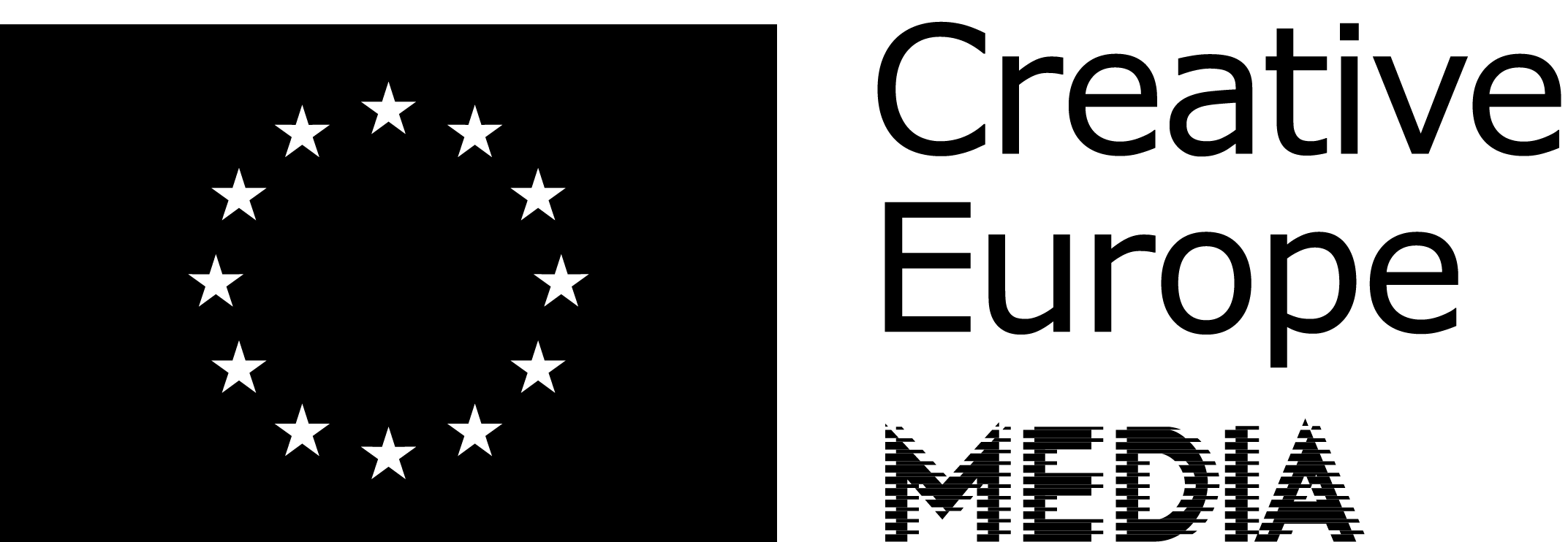
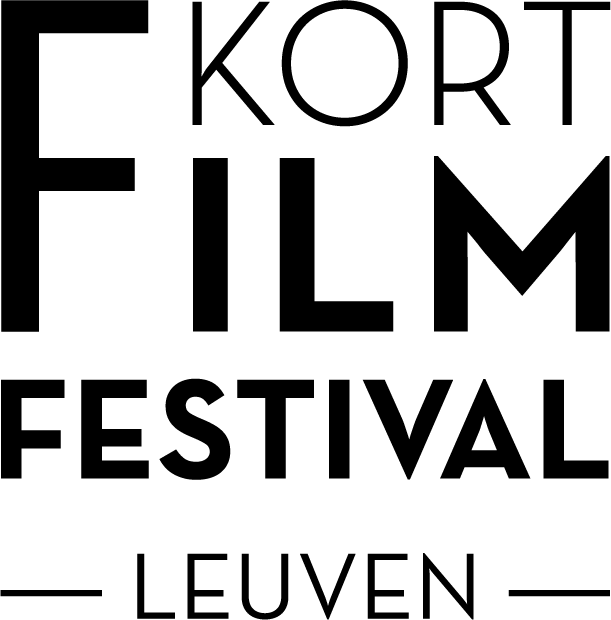
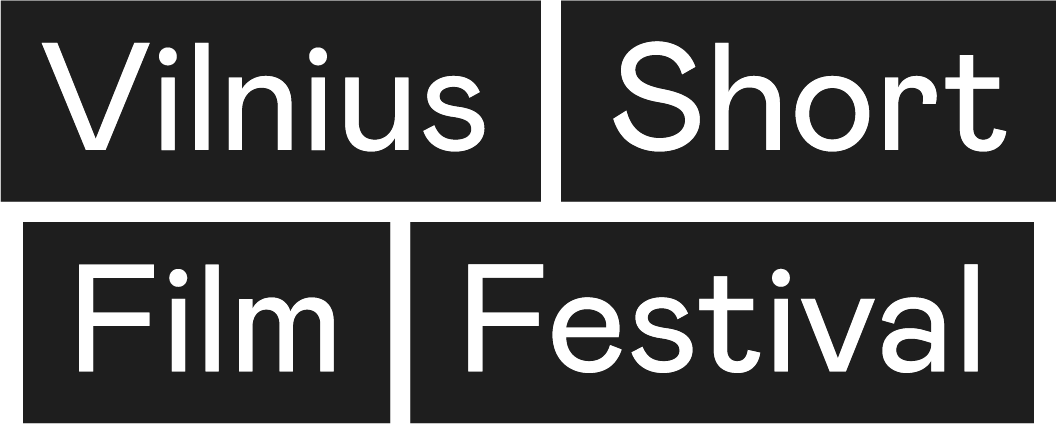
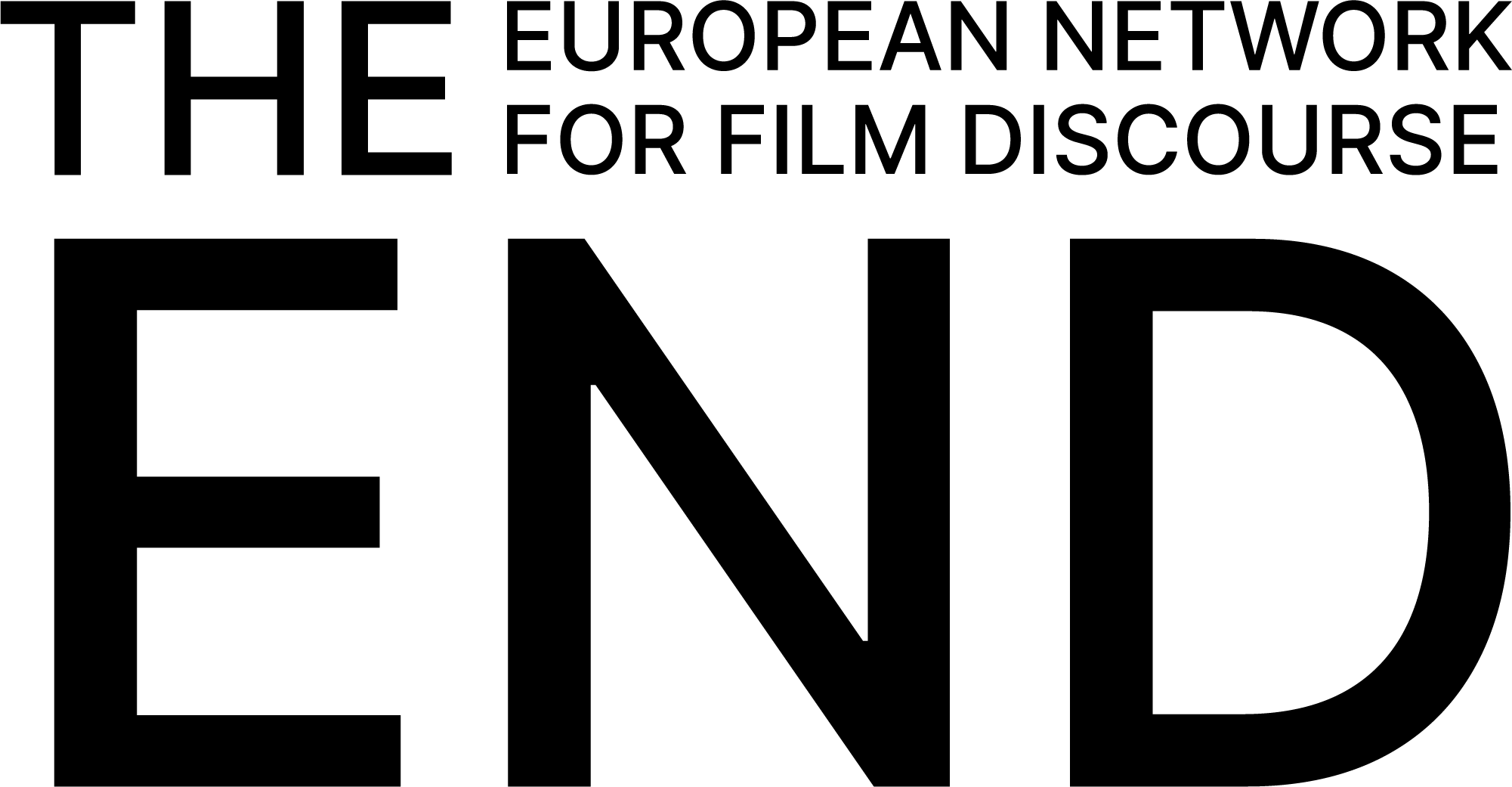
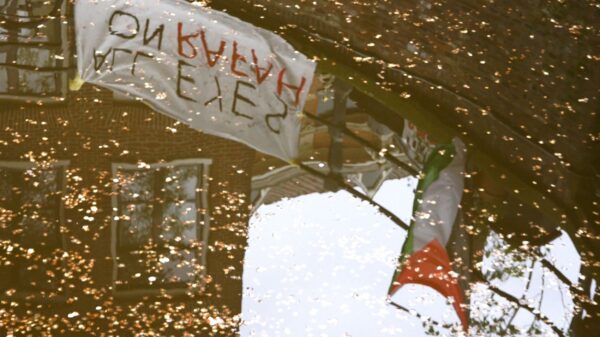
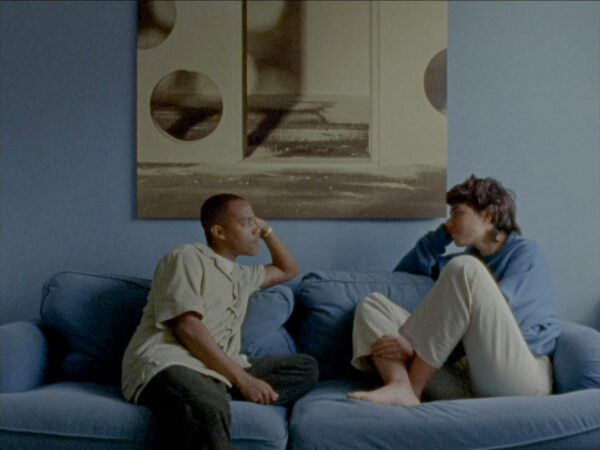
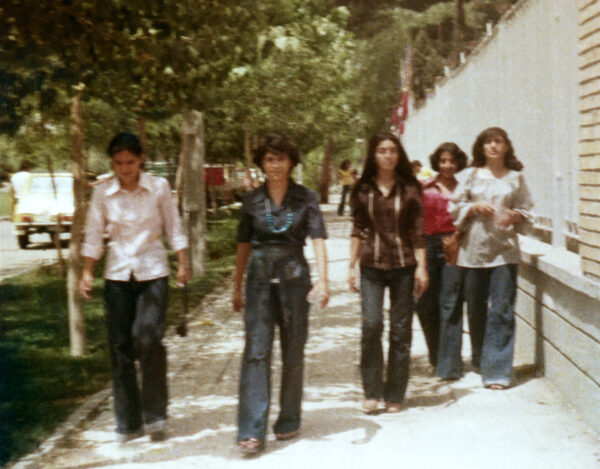
Saw Barlebas at Raindance – Wow! What a totally stunning short. Completely blown away by the performances, the photography and the concept. Very, very resonant and somehow – tragically – still so important over 400 years later.